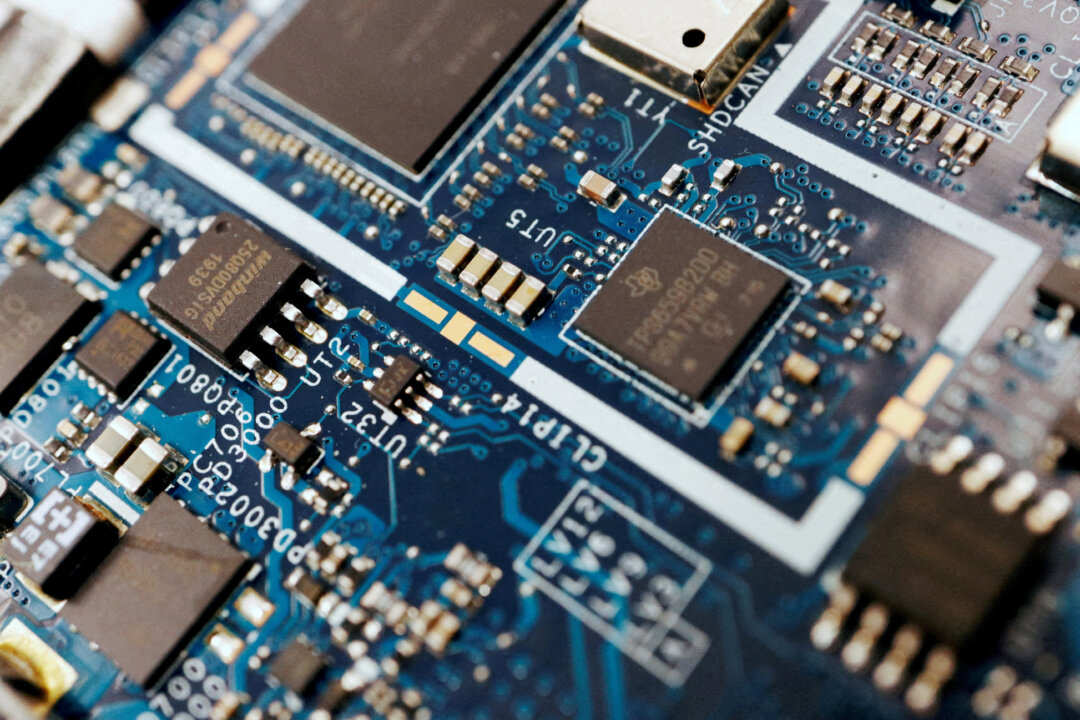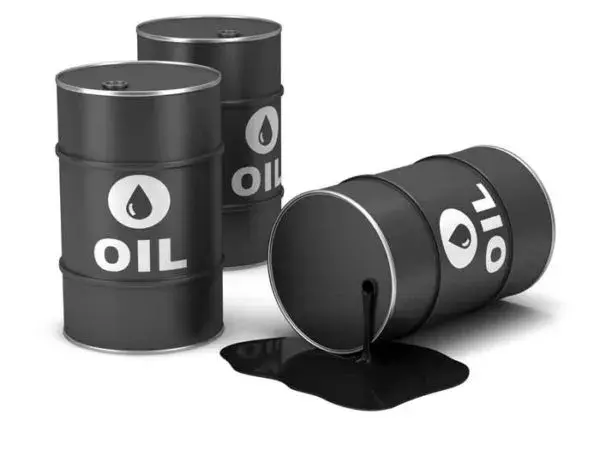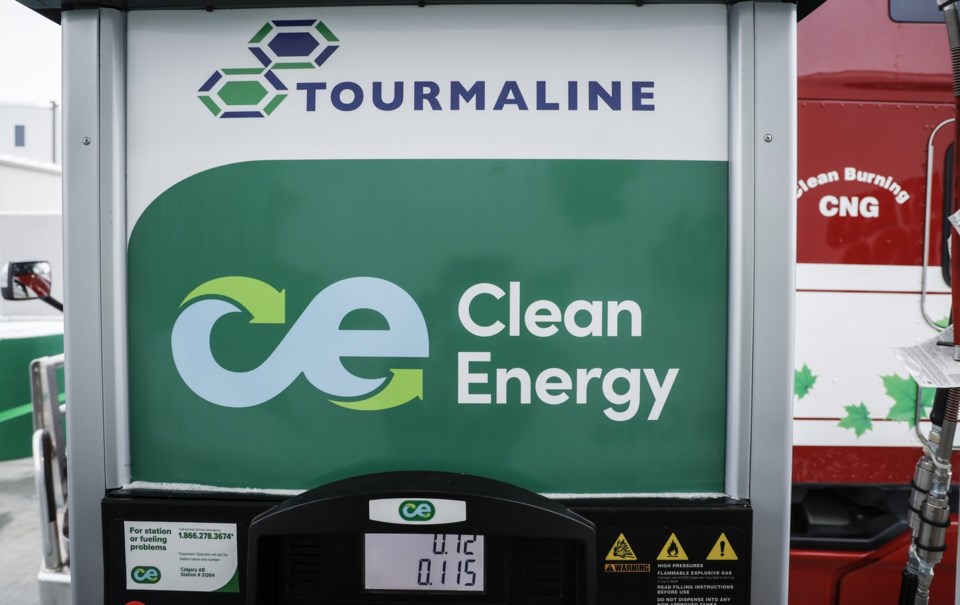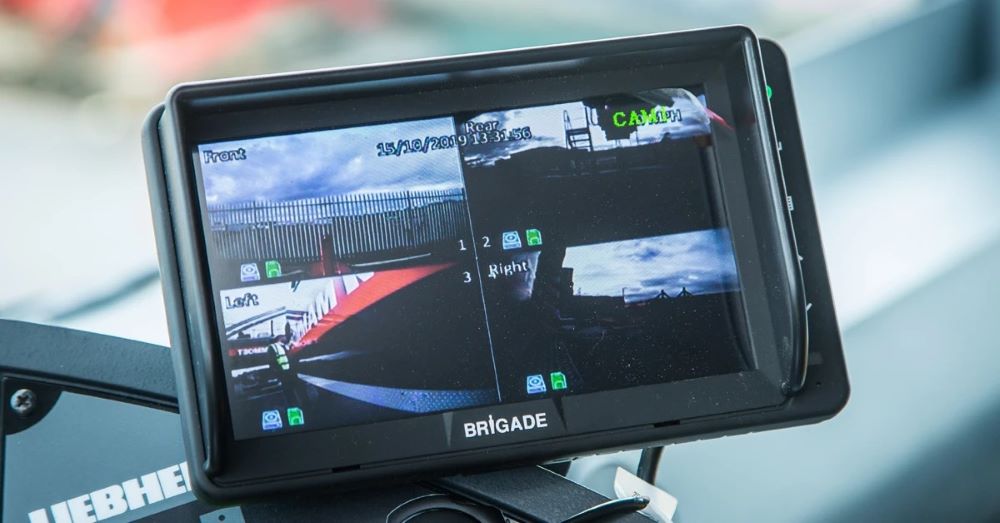The Trump administration has launched an investigation into the effects on national security of importing semiconductors and pharmaceutical products, according to Federal Register filings on Monday. The department stated that it began investigating the national security implications of importing semiconductors and semiconductor manufacturing equipment (SME) on April 1. The probe will assess current and projected demand for semiconductors and SME in the United States; the extent to which domestic production can or is expected to meet that demand; the role of foreign fabrication and assembly; the concentration of U.
S. semiconductor imports; and the potential for export restrictions by other nations; among other issues. The investigation aims to examine issues similar to those concerning semiconductor imports, such as the current and projected demand for pharmaceuticals and their ingredients in the country; the role of foreign supply chains in meeting that demand; and the impacts of foreign government subsidies and predatory practices on U.

S. pharmaceutical industry competitiveness. The department also seeks to assess the economic impact of “artificially suppressed prices” of pharmaceuticals and their ingredients resulting from “unfair trade practices and state-sponsored overproduction.
” Both filings are open to public comment for 21 days, although Section 232 investigations may take up to 270 days to complete. Those items will be exempt from the tariffs imposed on foreign countries by Trump, including the 145 percent tariff imposed on China, a major manufacturer and supplier for all of these components. “These products are subject to the existing 20% Fentanyl Tariffs, and they are just moving to a different Tariff bucket,’” he stated.
“We are taking a look at Semiconductors and the whole electronics supply chain in the upcoming National Security Tariff Investigations.” The copper and timber industries have already seen Section 232 investigations by Trump over the past two months, and the president used the results of one 232 investigation from his first term to defend increasing aluminum and steel tariffs in March. The president subsequently paused almost all of his tariffs for 90 days after declaring that he was brokering trade deals with numerous partners, but he kept tariffs on Chinese imports at 145 percent.
.
Business

Trump Admin Launches National Security Probe Into Pharma, Semiconductor Imports

The probe will assess current and projected demand for semiconductors and pharmaceuticals in the country, among other factors.














